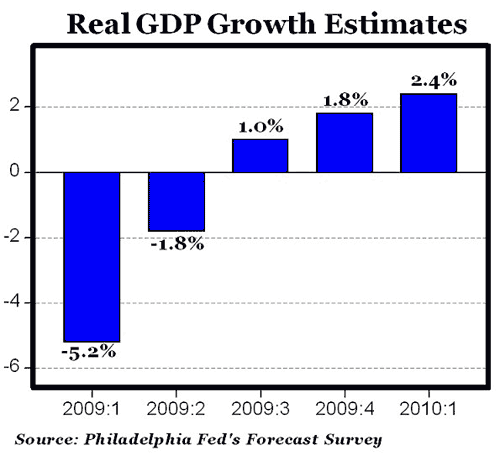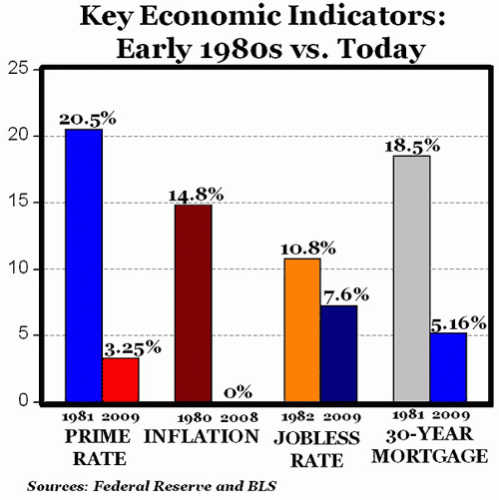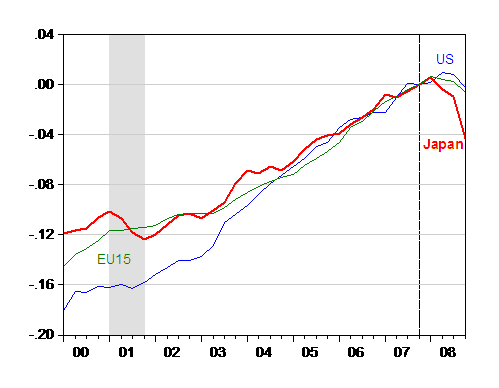Did Obama Cross the Line Yesterday?
I am starting to wonder if Barack Obama crossed the thin red line between traditional American liberalism and socialism yesterday. Traditionally, liberals in the US have taken pains to generally argue that the rich need to pay for their programs because theyare most able to pay. This differs a bit from socialists, who would argue that the rich should pay because they are guilty. For a libertarian like myself, it tends to be a pretty subtle difference, but I think it is important -- are taxes on the rich enforced charity, or are they reparations?
I woke up this morning profoundly depressed, which is unusual for me. I have a good friend who is having some personal problems, so it is hard for me to separate effects in my mind, but I really feel like Obama stepped over a line yesterday. TARP pissed me off, but we have bailed out companies before (though not for this much). The stimulus bill absolutely offended me, but we have seen stupid pork spending insanities before (though not for this much). But Obama's plan to remake tax law and the budget began with this paragraph:
This crisis is neither the result of a normal turn of the business cycle nor an accident of history, we arrived at this point as a result of an era of profound irresponsibility that engulfed both private and public institutions from some of our largest companies' executive suites to the seats of power in Washington, D.C.
From the rest of the rhetoric in this document, and that of Obama and his supporters, the overriding message is that "the rich are being taxed more because they have sinned. This is pennance." This is all the more amazing to me because Obama (and to be fair, his predecesors in the Bush administration) have gone out of their way to interrupt the normal market processes that punish failed behavior. Normally, if you take out a mortgage you can't afford, you default and lose your home, and are hopefully wiser the next time. If you lend to someone who can't pay, you lose your principal. If you make products no one wants to buy, you go bankrupt.
But every one of these market mechanisms are being interrupted. Its as if Obama and the feds not only want to hand out penance, they want to have a monopoly on the process. No longer will the market dictate winners and losers -- we in Washington will. It's thoroughly depressing.
Postscript: I guess I am the last person in America to believe it, but I DO believe that this is "a normal turn of the business cycle," or at least that it started out that way until everyone from Paulson to Obama worked to convince folks otherwise. It is clear that there was an international over-exuberance of lending that goes far beyond just CDO's as the culprit, or even mortgages in general. And such bubbles do occur from time to time.
PPS: It will be interesting to see which race is tighter -- Obama's race to spend money so he can take credit for a third quarter recovery which is going to happen anyway, or Obama's race to put in CO2 limits in time to take credit for the global cooling cycle many solar observers are starting to predict.
PPPS: I really didn't want to open global warming discussions in general with the last bit of snark. I have a whole website for that. I have a subtle enough understanding of the issue to know both that 1) CO2 is causing some warming 2) warming estimates are likely way overblown, for a variety of reasons that include feedback assumptions and 3) behaviors of temperatures over decade-long periods are not necesarily indicative on long-term trends. If we want to talk about climate modeling and model accuracy vs. current trends, see this post or this post.






